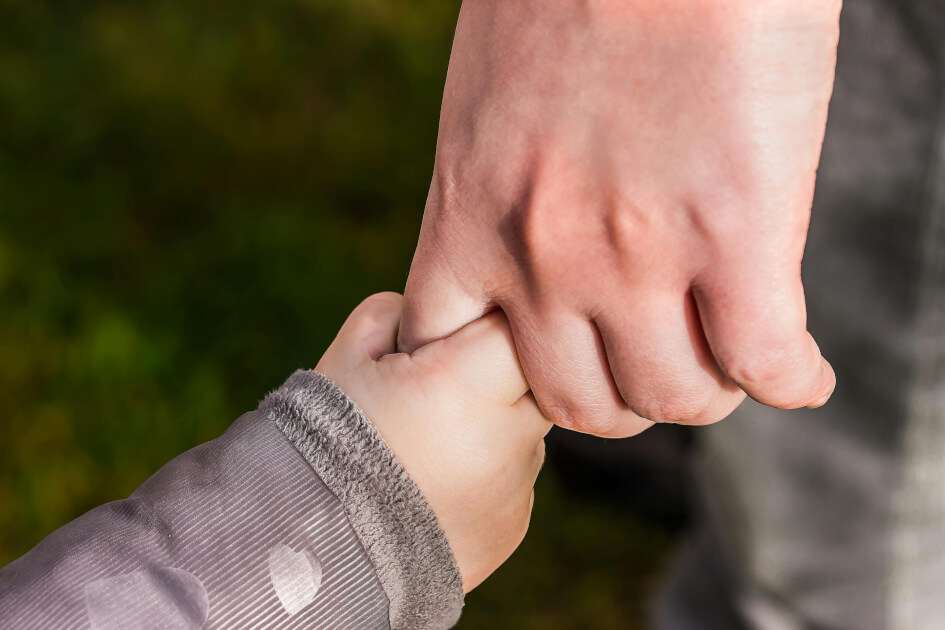Reclaim Your Confidence: 5 Simple Steps for Single Moms to Trust Their Instincts
Being a single mom often feels like navigating a labyrinth blindfolded.
Every day brings countless decisions, and the advice—solicited and otherwise—can drown out your inner voice.
But here’s the truth: trusting your instincts is one of the most vital skills you can develop as a single parent, especially when dealing with depression or chronic self-doubt.
The Science Behind Instincts
Our instincts aren’t random guesses; they’re a product of millions of years of evolution.
Research shows that gut feelings often stem from your accumulated experiences and subconscious knowledge.
In other words, when you “just know” something, it’s because your brain has processed countless data points faster than you’re consciously aware of.
This is called intuitive decision-making, and it’s especially crucial for parents, who often must act quickly in high-stakes situations.
Neuroscience reveals that practicing mindfulness or reflection strengthens the brain’s decision-making abilities.
For example, regular mindfulness can calm the brain’s stress response, giving you the mental clarity to trust your instincts even when life feels overwhelming.
For moms like me who suffer from depression, however, trusting these instincts can feel almost impossible.
Depression can disrupt decision-making, often increasing self-doubt.
A 2019 study published in Frontiers in Psychology found that individuals with depression are more likely to second-guess themselves, even when their instincts are correct.
This self-doubt can be debilitating, but it doesn’t mean you can’t rebuild trust in your inner compass.
Why It’s Harder as a Single Mom
Single moms take on the roles of provider, caregiver, and emotional anchor, often without a partner to share the load.
Add societal expectations and the relentless highlight reels on social media, and it’s no wonder we question our choices.
Depression compounds this by creating a mental narrative that whispers (or screams) that we’re not enough, making it harder to distinguish between intuition and insecurity.
But here’s the thing: your instincts are uniquely attuned to your child’s needs.
You know them better than anyone else.
I have moments multiple times daily where I doubt myself, but deep down, I know what’s best for my child.
The key is finding ways to quiet the noise and listen to what your gut is saying.
Steps to Reclaim Your Instincts
- Quiet the Noise
I make space for regular moments of silence or meditation, even if it’s just five minutes of deep breathing while sitting in my car at the pickup line.
Research shows that mindfulness not only reduces stress but also strengthens areas of the brain involved in decision-making, helping you connect with your instincts. - Start Small
I’m working on rebuilding my confidence by acting on smaller gut feelings.
Whether it’s deciding on dinner plans or setting a boundary, the more I listen to myself, the more natural it feels.
Neuroscience tells us that small wins reinforce trust in your brain’s ability to make sound decisions. - Reflect on Decisions
I try to pay attention to how decisions based on instincts turn out.
Noticing outcomes teaches me to trust myself more over time.
Reflection is a way to strengthen your brain’s learning pathways, allowing you to build confidence in your choices. - Seek Trusted Support
I lean on people who validate my feelings instead of undermining them.
Supportive friends and therapists help me sort through what’s intuition versus anxiety.
Being around supportive people helps calm your brain’s stress responses. - Educate Yourself
I keep learning about my child’s developmental stages to make my instincts more informed.
The more you know, the more your brain has to draw from when making decisions.
Knowledge doesn’t replace intuition—it enhances it, helping you feel more confident when trusting your gut.
Lessons Learned from Listening to My Gut
As someone who battles depression, I know how loud that inner critic can be.
There have been countless times when I’ve second-guessed my parenting decisions—from setting bedtime routines to figuring out discipline strategies.
But I’ve noticed that the moments I’ve trusted my instincts have been the most empowering and impactful.
A few months ago, my son started struggling at his new school. But his father, who adheres to the “tough love” approach, insisted that he stay and push through for the entire year, essentially ignoring the toll it was taking on him.
But my gut told me this wasn’t a typical case of teenage rebellion. I could see that something more serious was going on.
Against his father’s strong opposition, I stood my ground and withdrew him from that environment.
Now, he’s back at his old school, his spark has returned, and he’s once again the giggly, joyful kid I know so well.
It was one of the hardest decisions I’ve had to make, but it reinforced an important truth: trusting your inner voice, even when others disagree, can lead to life-changing outcomes.
Trusting Yourself Is a Lifelong Skill
Learning to trust your instincts isn’t a one-and-done process.
It’s a skill you nurture over time, one small decision at a time.
And while depression and self-doubt may make it harder, they don’t make it impossible.
Your instincts are your superpower—a combination of love, knowledge, and experience—tailored perfectly to your child.
So, the next time you feel that gut nudge, listen.
Trust yourself. More likely than not, you won’t regret it.


